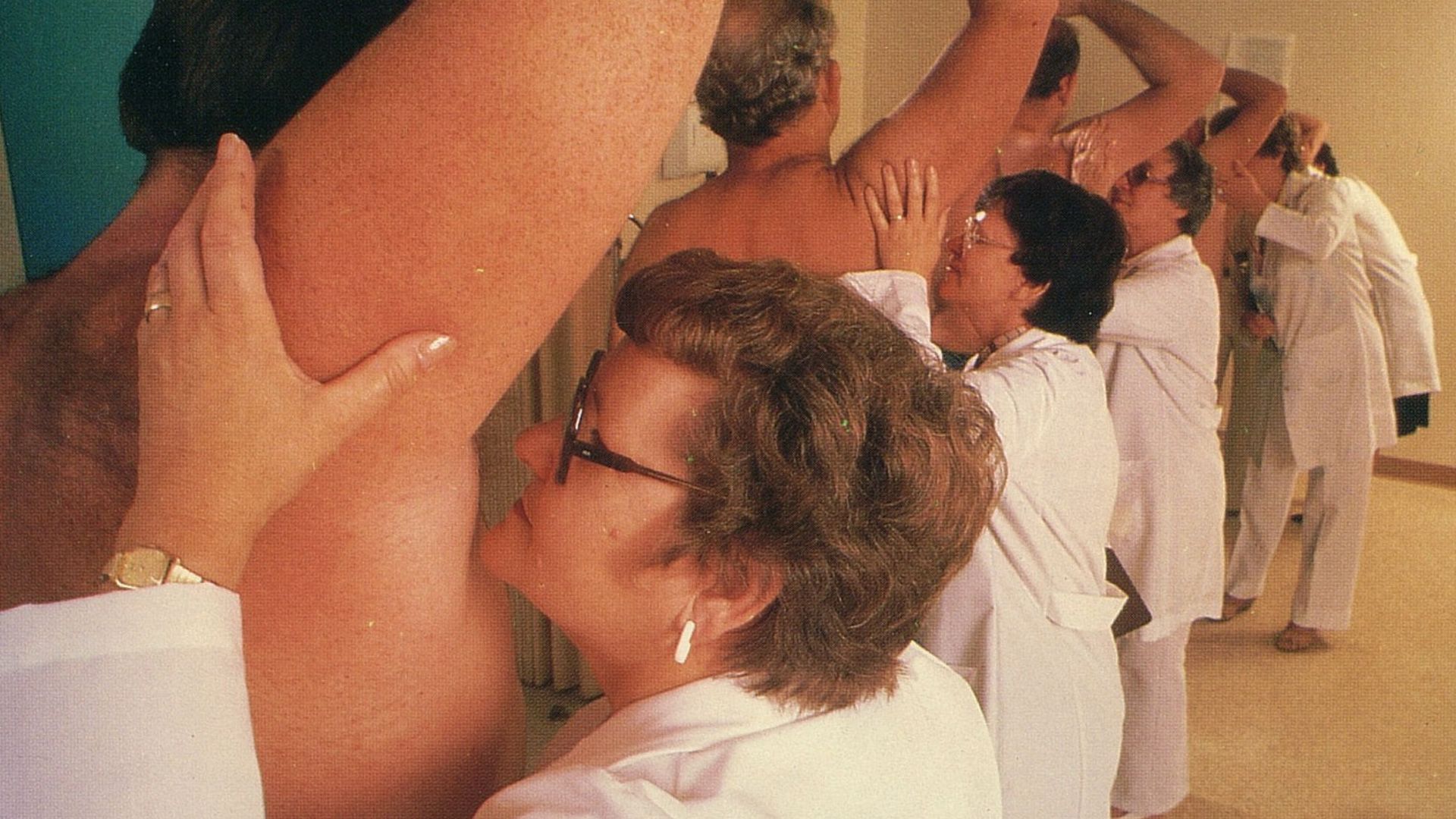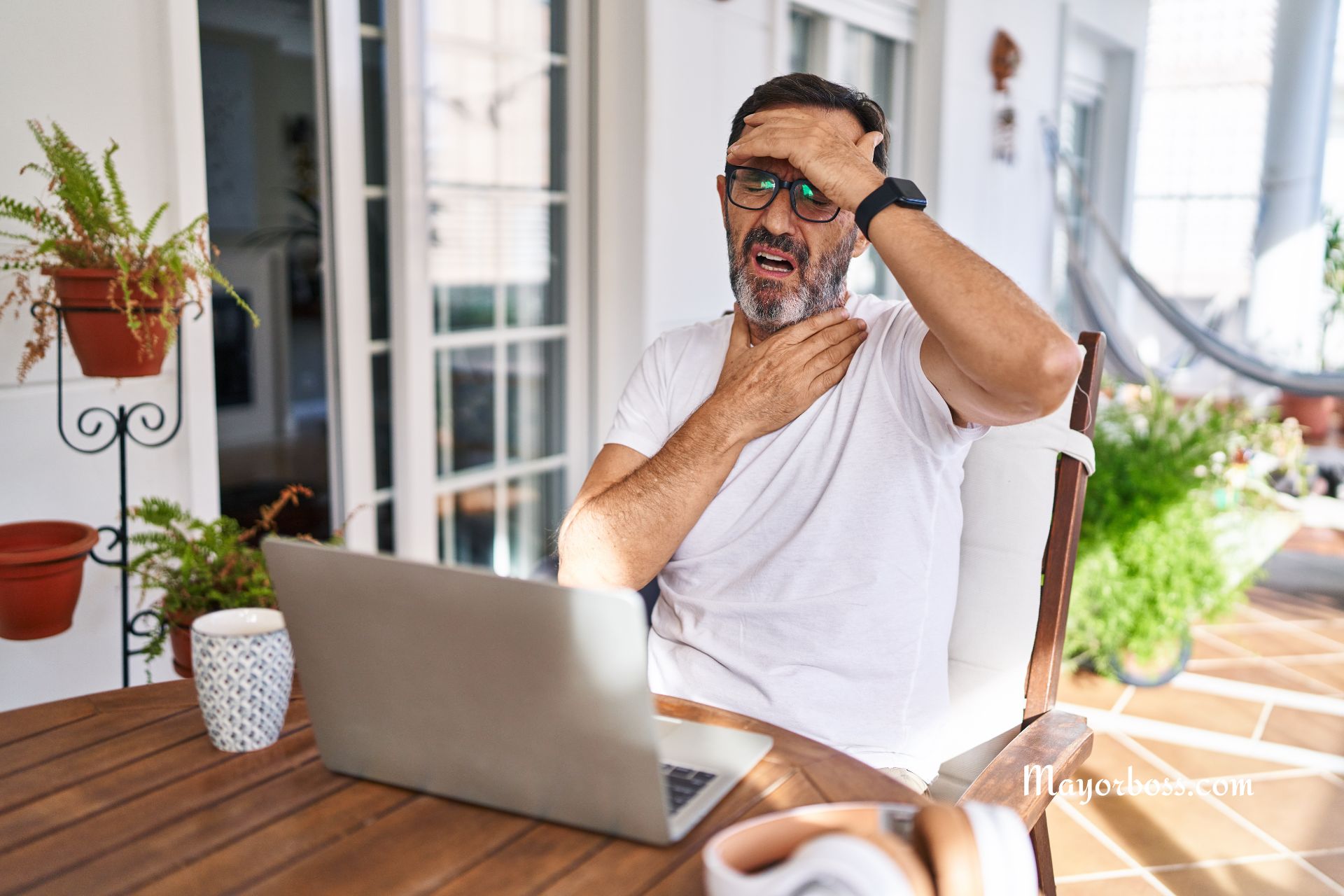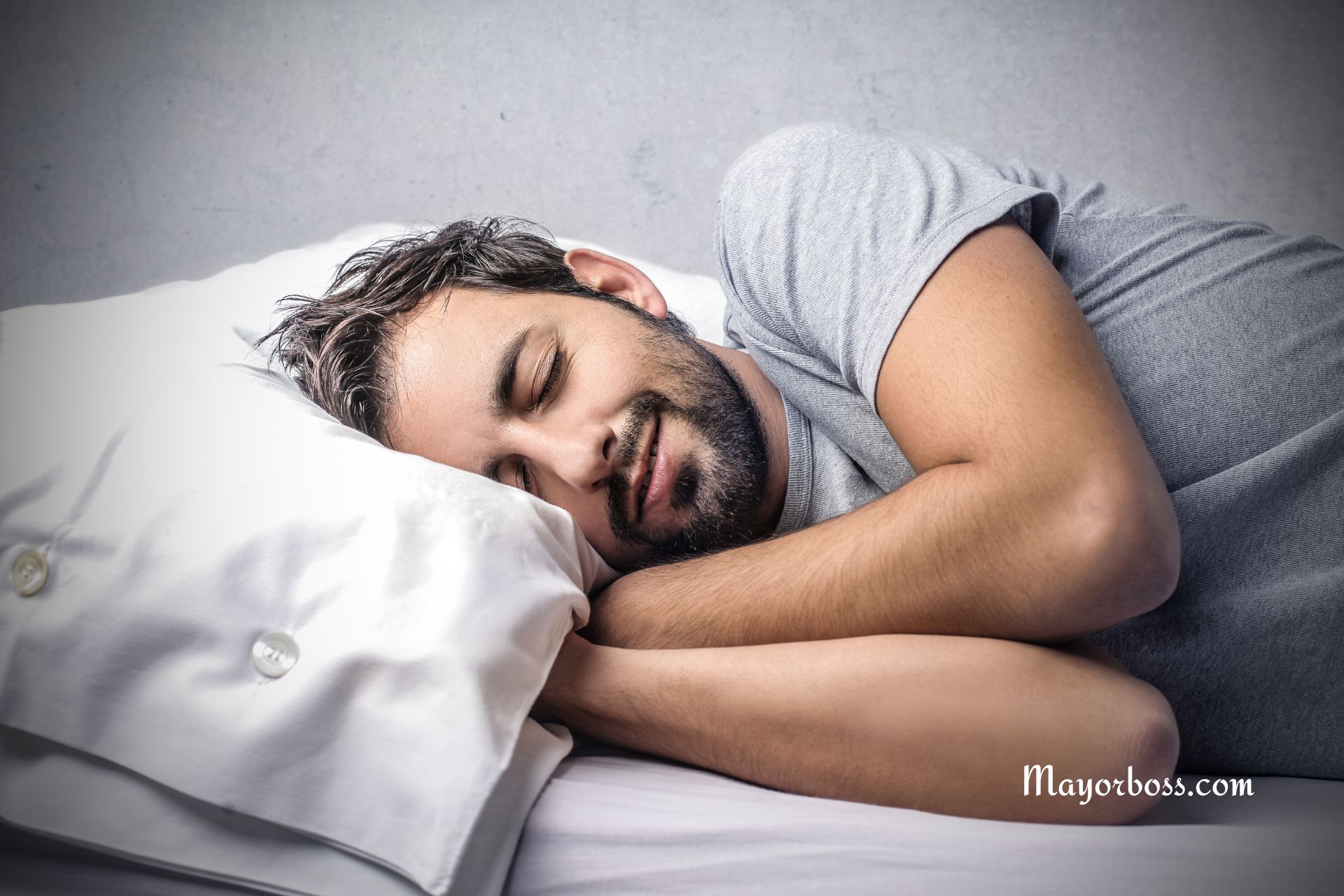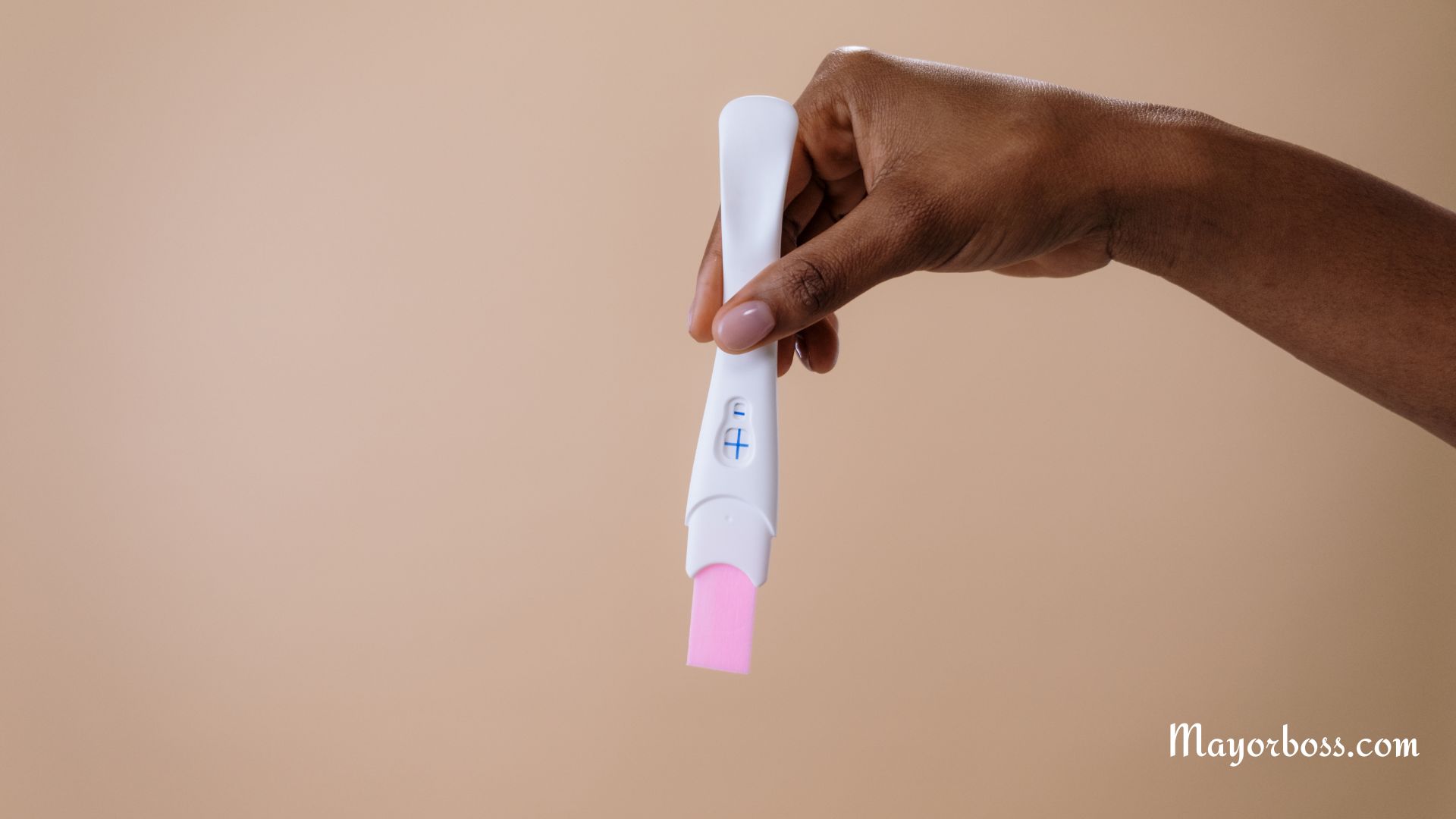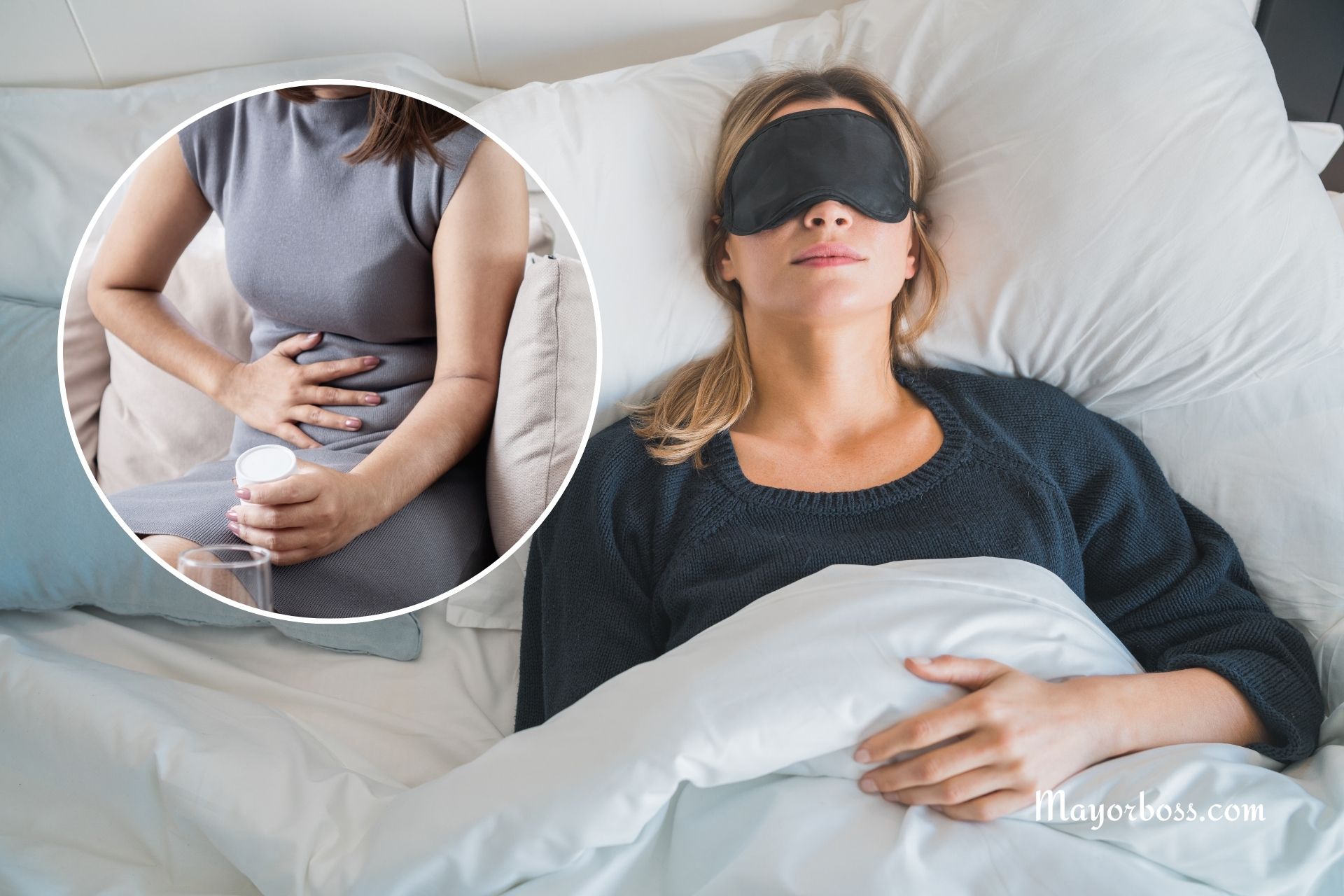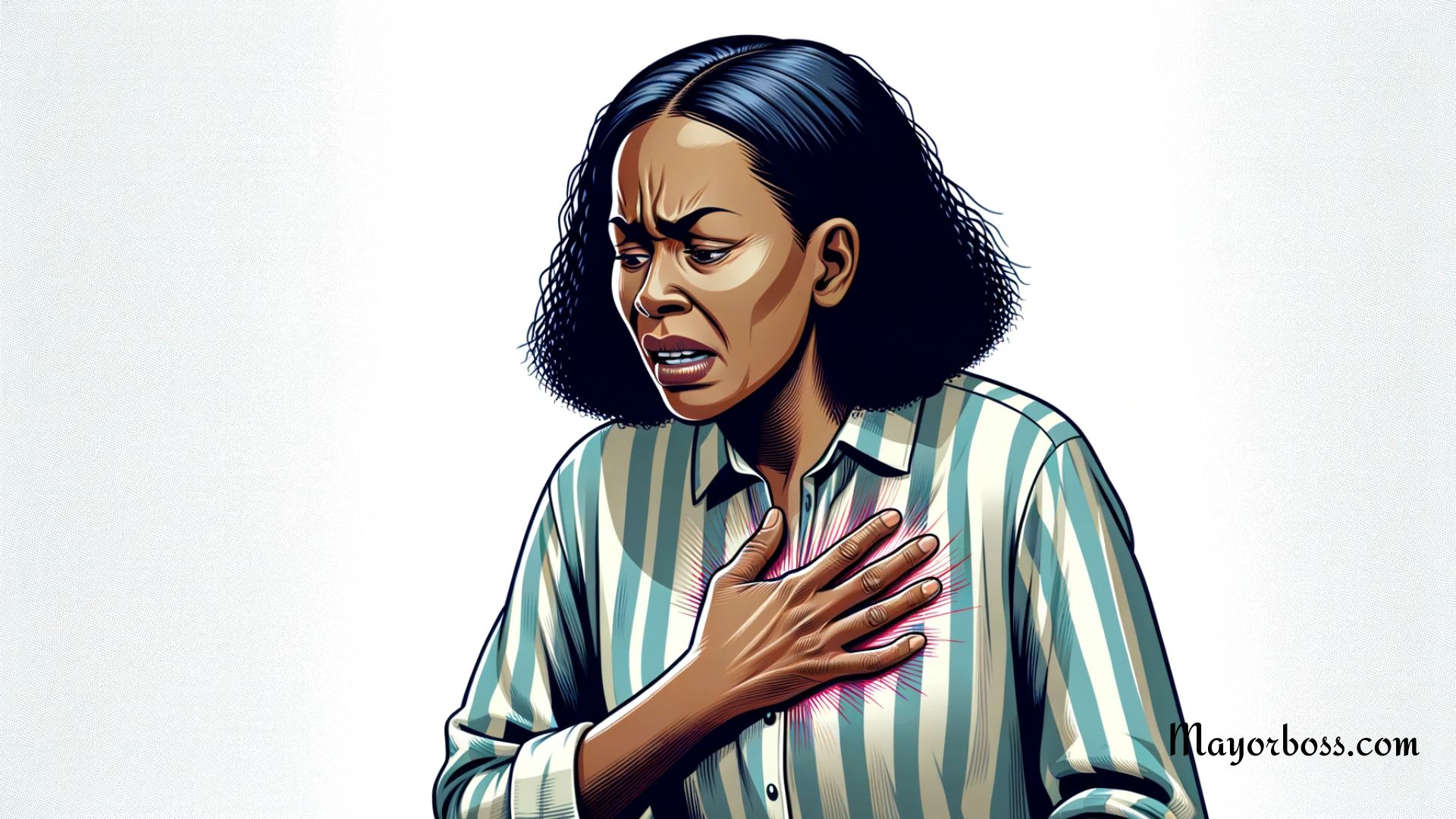4 Unexpected Reasons You’re Always Thirsty
We all know that feeling of thirst after a long workout or a hot day. But what if you find yourself reaching for water constantly, even when you haven’t been physically active or exposed to heat? While dehydration and salty foods are common causes, there might be other reasons why you’re always thirsty. Here are four unexpected reasons that might explain your unquenchable thirst.
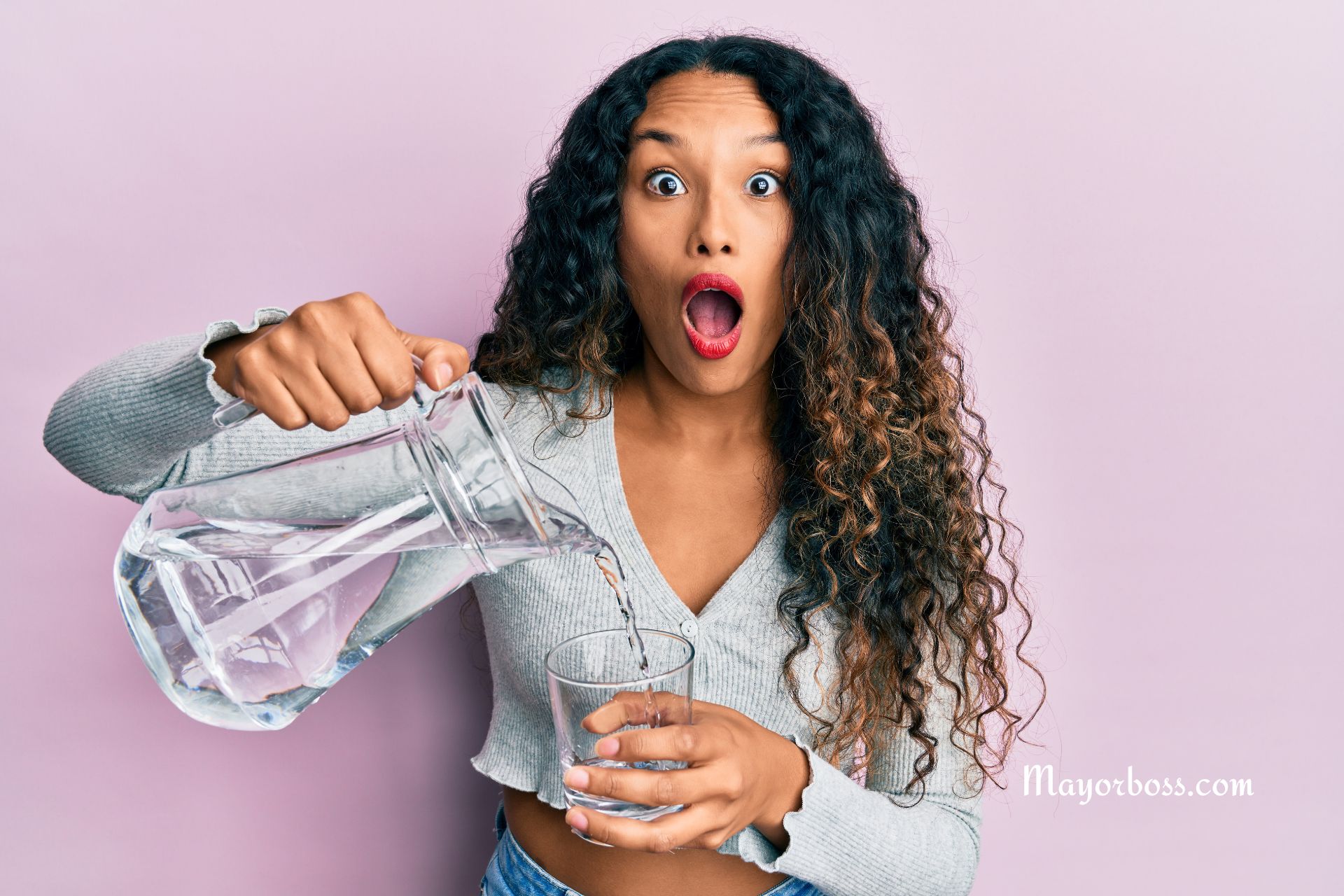
1. High Blood Sugar Levels Could Make You Feel Thirsty All the Time
One of the most surprising reasons for feeling constantly thirsty is high blood sugar levels. When your blood sugar is elevated, your body tries to get rid of the excess sugar through urine. As a result, you become dehydrated, and your body sends signals to your brain that you need more fluids.
The Cleveland Clinic explains that excessive thirst, known as polydipsia, is a common symptom of diabetes. If you find yourself drinking lots of water and still feeling thirsty, you might want to have your blood sugar levels checked. Other symptoms to watch out for include frequent urination, blurred vision, and increased hunger.
2. Certain Medications Could Be the Cause of Your Dry Mouth and Thirst
Are you taking any medications? Some drugs can leave you feeling parched. Antihistamines, antidepressants, blood pressure medications, and diuretics are known to cause dry mouth, which can make you feel thirsty. These medications can reduce saliva production, leaving your mouth dry and prompting you to drink more water.
If you suspect that your medication is making you thirsty, talk to your doctor. They might be able to adjust your dosage or suggest alternative options to help alleviate the dryness.
3. Mouth Breathing During Sleep Might Be Why You’re Waking Up Thirsty
If you wake up in the morning feeling extremely thirsty, you might be breathing through your mouth while you sleep. This habit can dry out your mouth and throat, leaving you craving water. Mouth breathing can occur due to several reasons, including nasal congestion, sleep apnea, or even allergies.
To help reduce mouth breathing, try using a humidifier in your bedroom to keep the air moist, or consider nasal strips to open up your nasal passages. If you suspect that you have sleep apnea, talk to your doctor, as it may require treatment.
4. Consuming Too Much Caffeine or Alcohol Can Leave You Dehydrated
While caffeine and alcohol are enjoyable beverages for many people, they can actually make you feel more thirsty. Both substances are diuretics, meaning they cause your body to lose more water through urine. This leads to dehydration, making you feel thirsty even if you’ve been drinking fluids.
If you frequently consume coffee, energy drinks, or alcoholic beverages, you might want to cut back and see if your thirst improves. Replace these drinks with water, herbal tea, or other non-caffeinated, non-alcoholic beverages to help stay hydrated.
Conclusion
Feeling thirsty all the time isn’t always as simple as needing more water. High blood sugar, medications, mouth breathing, and caffeine or alcohol consumption can all contribute to constant thirst. If you’re concerned about your thirst levels or notice other symptoms, consider talking to your doctor to rule out any underlying health issues. In the meantime, stay hydrated by drinking plenty of water and paying attention to the less obvious factors that might be affecting your thirst.

